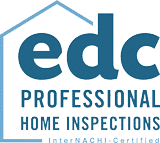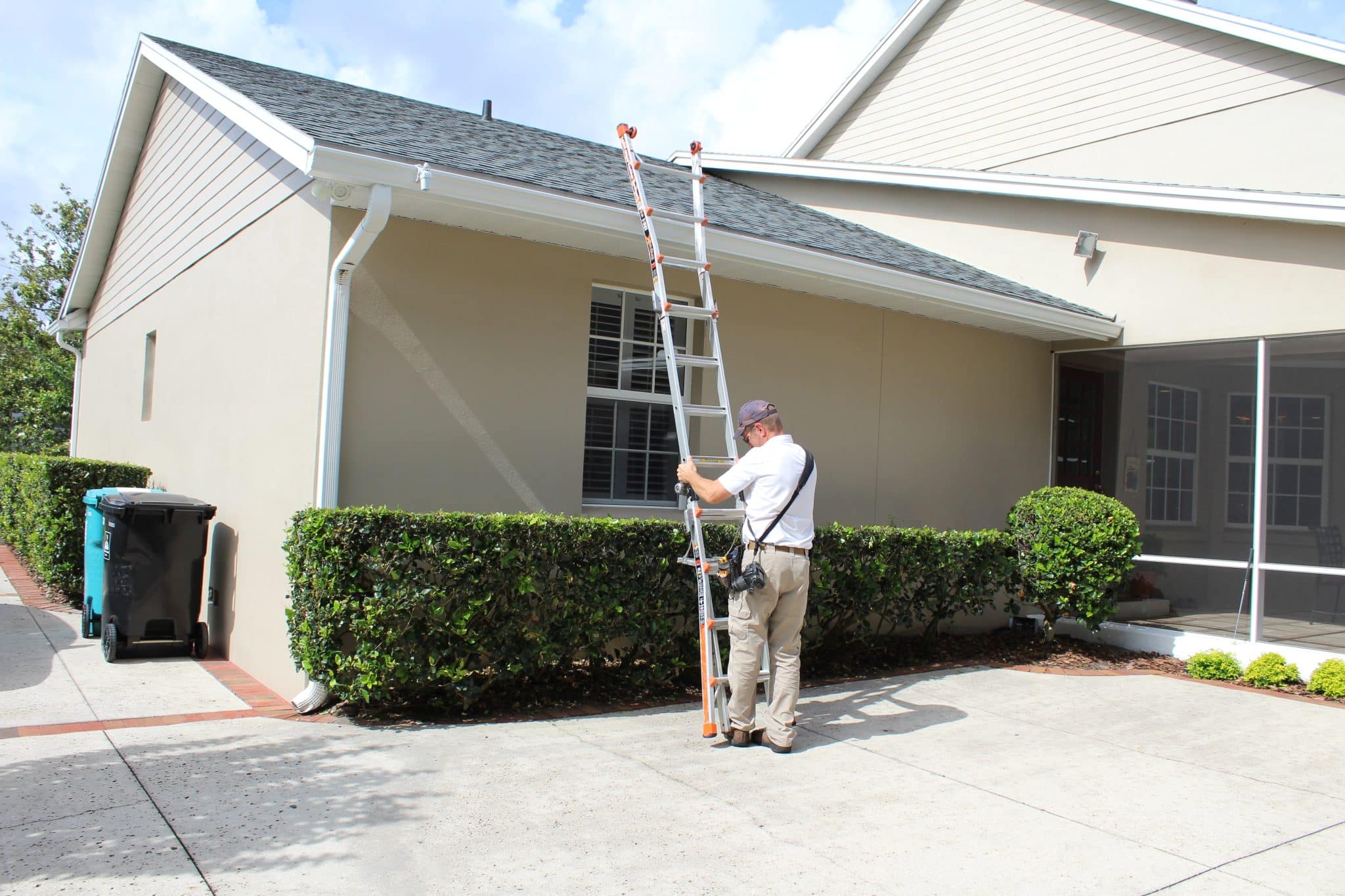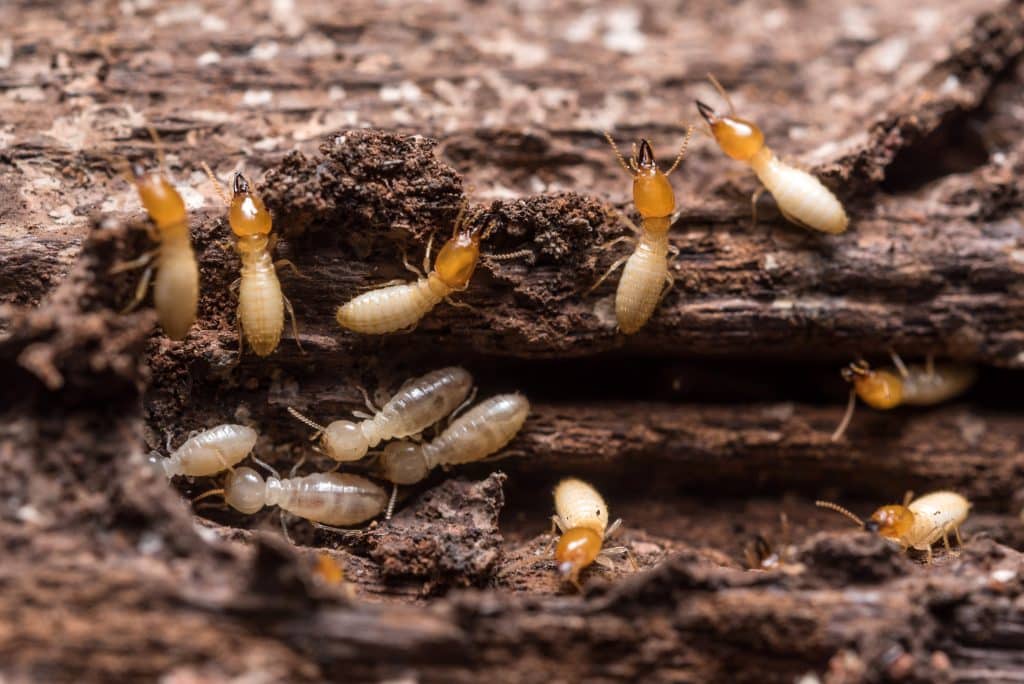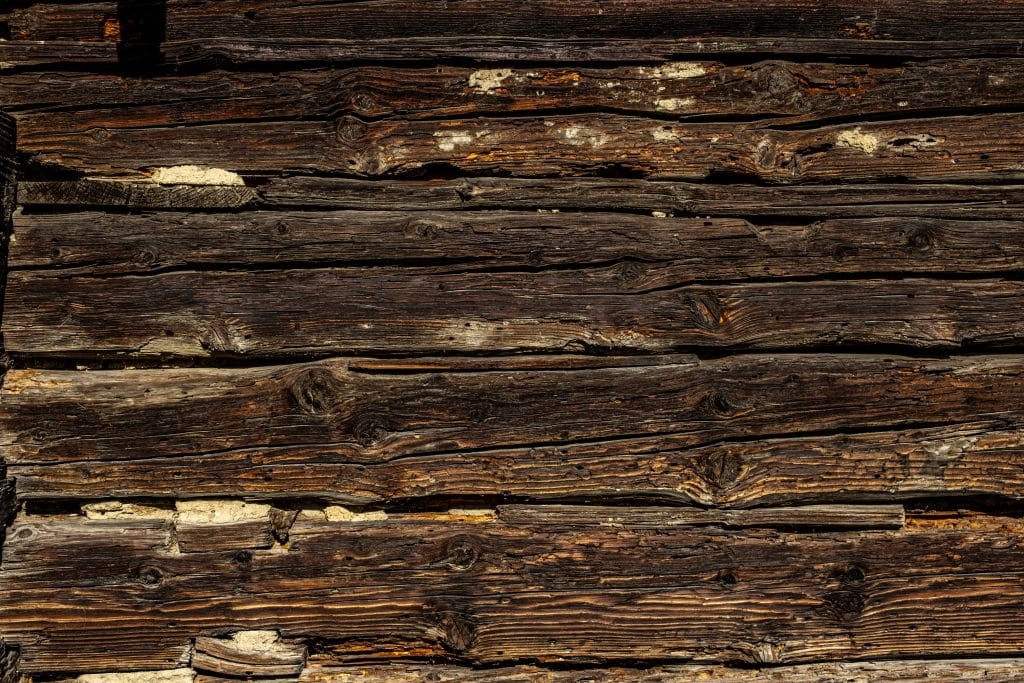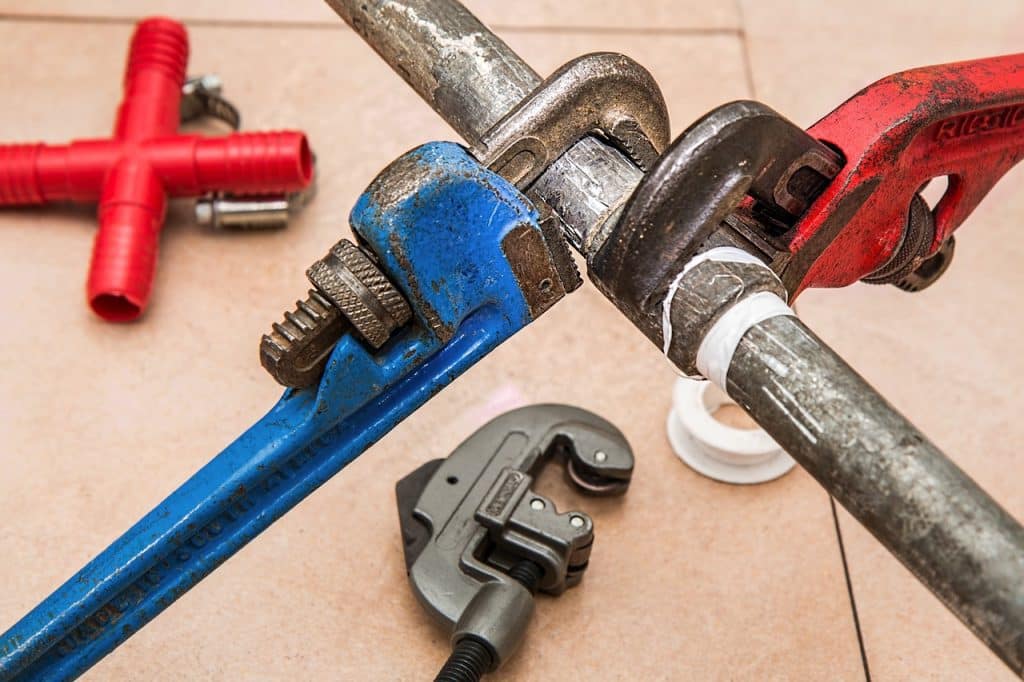A home is typically the most expensive investment a person can make in their lifetime. That’s why proper maintenance and inspections are crucial—whether you’re buying, selling, or simply maintaining your home.
One of these crucial inspections is a wood destroying organism or WDO inspection. This type of inspection looks for little critters like termites, beetles, fungus, and other types of wood borers in, on, and around your home.
Read on for more information about what a WDO inspection is, why you need it, and how to prevent those pests in the first place.
What Is A WDO?
A WDO is a wood destroying organism. There are many different types of these critters but the main ones in Florida are wood boring beetles, several species of termites, and Wood Destroying Fungus.
Florida is virtually a safe haven for these insects because of the high humidity and hot climate.
Each species of insect works a bit differently but ends up causing the same type of damage. They weaken the wood and eventually, it rots out, leaving the structure unsafe.
Termites – Termites actually eat the wood, and this hollows out the structure. They leave evidence of mud tubes, wings, and their excrement. When you have a termite infestation you may notice sagging wood around your home.
Termite colonies can grow to be enormous, which is why a thorough inspection is needed.
Beetles – Beetles work a bit differently than termites. They don’t eat the wood themselves, but instead lay their eggs in cracks or near the surface of wooden structures. The larvae then bore into the wood and carve out portions of it as they grow. The adults emerge from the holes. Beetles typically are transferred from the tree when it is cut for lumber, but have been known to infest homes close to the water. Kiln drying of lumber used in modern construction typically kills the Beetle and larvae, stopping the infestation. But older homes may have damage associated with these pests.
What Is A WDO Inspection?
A wood destroying organism inspection differs from a typical home inspection in the way that it looks specifically for evidence of wood decay, rot, and pests.
Your inspector will look at all of the wood components of your home. They will go in the attic, up on the roof, tour the outside of the home, and look at your baseboards for evidence of past or present pests.
Who Needs a WDO Inspection?
Everyone who owns property should be getting a WDO inspection, but this is especially true in the state of Florida. The damp habitat makes it a prime area for wood rot, decay, and thriving colonies of wood destroying insects.
It’s vital to get a WDO inspection at least once a year, especially if you do not implement a preventative treatment. It may seem like a lot, but a colony can begin at any time and it’s vital to catch them early (before you have a thriving colony that has damaged your home beyond repair). We recommend having your Pest Control Operator perform a termite inspection every May. The swarms associated with the reproductive alates moving to start a new colony are usually done by May and your inspection will be less likely to miss a problem.
Who Can Provide a WDO Inspection?
In the state of Florida a State Certified Wood Destroying Organism Inspector is required to perform this type of inspection. Most Pest Control Operators and some Home Inspectors are certified, but you’ll want to ask your inspector to see their WDO identification card to ensure they are. You have to have a special licensed individual (different that the inspection) to treat the damage and infestation, but knowing there is an infestation is half the battle.
How Can I Prevent Pests?
Regular Inspections – Not only do regular inspections give you the peace of mind each year that you are not sharing your home with critters, but it can stop an issue before it begins. Your inspector can identify potential problems so that you can take care of them before you invite pests into your home.
Identify Leaks – Water and wood do not mix well. Or rather they do, which is why they are a bad idea. If you have a leak under your cabinets or anywhere in your home, it’s crucial that you get it taken care of immediately. Wet wood is a hardy invitation for pests looking for an easy way to munch through your home.
Store Wood Properly – Make sure that you store wood away from your home (i.e. outside, away from your dwelling) and properly elevated away from the soil. It’s not a foolproof method for keeping pests away but it does deter them away from your home.
Termite Containment – Having a licensed Pest Control Operator maintain an active containment protocol is key! Don’t fall into the trap that termites don’t infest block homes. All homes, regardless of construction, should have an active protocol in place to prevent infestation. Let the professionals determine which protocol, chemical, or inspection periodicity is needed for your area.
Conclusion
Wood destroying organisms in Florida can become a huge problem, but luckily, they don’t have to be. You can protect your home from these pests with regular inspections and some preventative measures.
Seeking out a professional inspector for your home is the first step to controlling or preventing wood destroying organisms before they start.
Call EDC home inspections today and we will guide you through the process. We are always happy to help.
